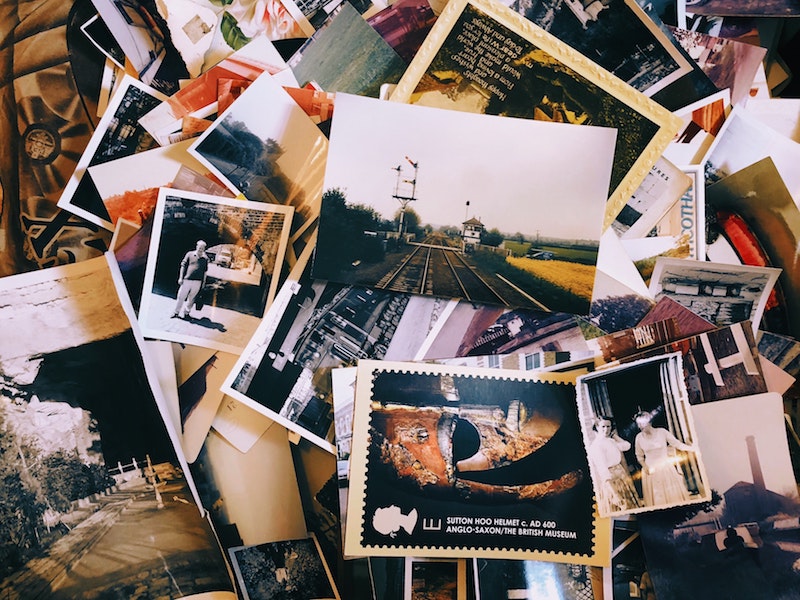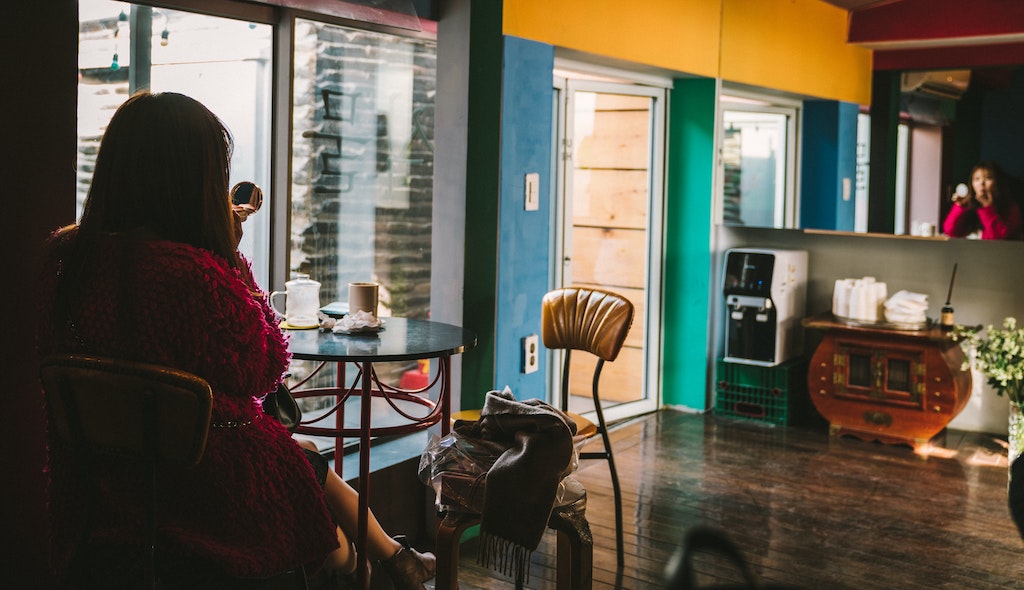On the hundredth day of community quarantine, I went out of the house for the first time to visit my condo.
At the time, I only planned to pick up a few stuff and lock up—but I ended up taking more time to clean up my unit, thinking about how easy it used to be for my roommates and me to just go out and buy food from Mini Stop at odd hours in the night or hug each other after a rough day at work.
In the past few weeks alone, I’ve spent more time looking through my Instagram story archive to see how much has changed over a few months. Scrolling through photos of all the restaurant meals I used to share with my family and friends, the concerts and gatherings where I weaved through big crowds without a care in the world only brought on a weird longing.
Missing the first few months of a year that isn’t even over yet feels weird, but that’s exactly what I’m going through right now.
Pandemic-induced nostalgia
While missing things from the recent past feel awkward, especially in the middle of a crisis, psychological research shows that it’s actually completely normal to feel that way. Dr. Krystine Batcho, a psychology professor at New York’s Le Moyne College, notes that nostalgia is often triggered by sudden and life-changing events—like a pandemic forcing everyone to stay home for the time being.
“In the face of instability, our mind will reach for our positive memories of the past, which tend to be more crystallized than negative or neutral ones,” she writes.

Feeling nostalgic is actually a good thing, for a number of reasons. Batcho’s research notes that people who have a natural inclination for nostalgia can better cope with trying times because they are more likely to avoid distracting themselves from confronting their problems, as well as seek emotional support and practical help from others.
Nostalgia is also a stabilizing force during a period of adjustment. It helps us strengthen our personal identity in a world that is changing in ways that we can’t control by reminding us that we have powerful memories that are intertwined with our identities.
“I believe many are turning to nostalgia, even if they do not consciously realize it, as a stabilizing force and a way to keep in mind what they cherish most,” says Clay Routledge, psychology professor and author of “Nostalgia: A Psychological Resource.”
Quarantine fatigue
I found that the nostalgia I felt over the ordinary things I used to do is rooted in me going through the same experiences every day. With little to no space for anything new or spontaneous in my everyday routine, there’s more time for me to look back at my pre-quarantine tasks… and feel a little more worn-out from going through the same motions day in and day out.
Feeling exhausted, even if we barely leave our homes, is what experts call quarantine fatigue. According to Dr. Forrest Talley, a clinical psychologist based in California, it’s the result of the tension that comes with social isolation and the lack of freedom to do meaningful activities. It manifests itself in loss of energy, sleep issues and mental health issues like depression or anxiety.

“Quarantine fatigue is being absolutely done with the isolation, the lack of connection, lack of routine, and loss of the sense of freedom to go about life in some pre-quarantine way that feels unrestricted; it’s being emotionally exhausted and depleted from experiencing the same day, every day,” adds Dr. Jennifer Musselman, a psychotherapist from the University of Southern California’s Doctoral Program for Change Management and Leadership.
Dealing with it
Even though quarantine measures have been eased, I still haven’t been going out much for my own safety—but I’ve been finding more ways to connect with the things that used to be part of my pre-pandemic routine. Experts have recommended giving your brain little breaks during the workday, and I’ve been doing that by revisiting a lot of my favorite shows on Netflix.
When the quarantine began, I was one of the people making jokes about not being able to use my bullet journal for the year—but I find that I’ve been able to use it a lot more now while I continue to work from home. It’s certainly helped me organize my time and all the things I needed to get done within the day.

Other steps people can take to deal with quarantine fatigue include taking breaks from social media and limiting their exposure to news. While doing this, Dallas-based clinical psychologist Dr. Kevin Gilliland recommends taking up meditation and talking to friends or family about how you’re feeling for the day.
Header photo by Rawkkim on Unsplash
Get more stories like this by subscribing to our weekly newsletter here.
Read more:
How to deal with homesickness while in quarantine
Pandemic anxiety is a thing, and here’s how you can deal with it
Sad because you miss hugs? You might be feeling skin hunger
Writer: ANGELA PATRICIA SUACILLO




